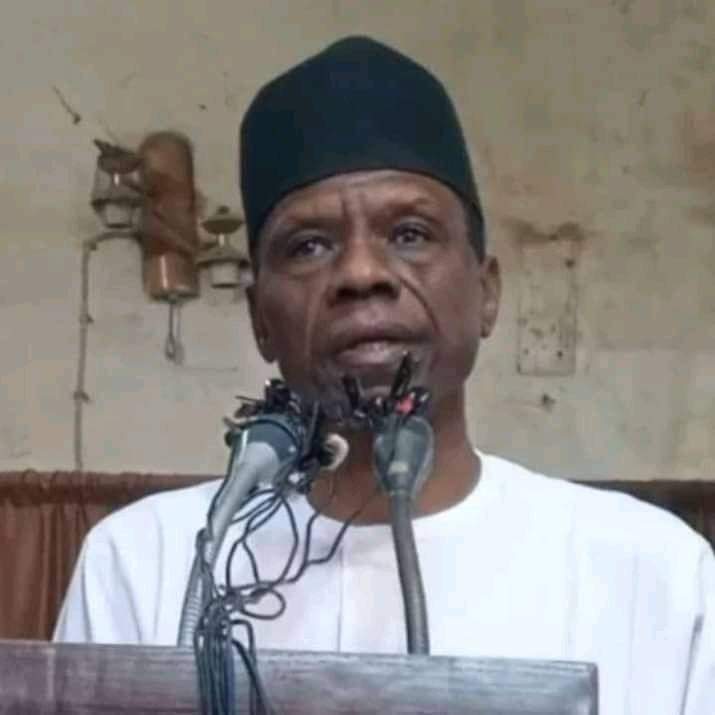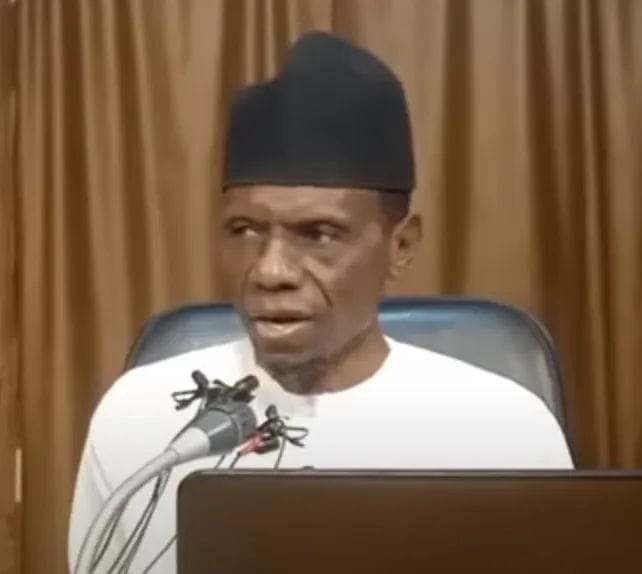Is Sheikh Idris Abdulazeez a victim of sacrilege or political vendetta?
By Zaharaddeen Muhammad Azare Years back, people saw it as taboo to question or criticise what religious scholars said, regardless of how illogical it sounded. However, as people started becoming…

